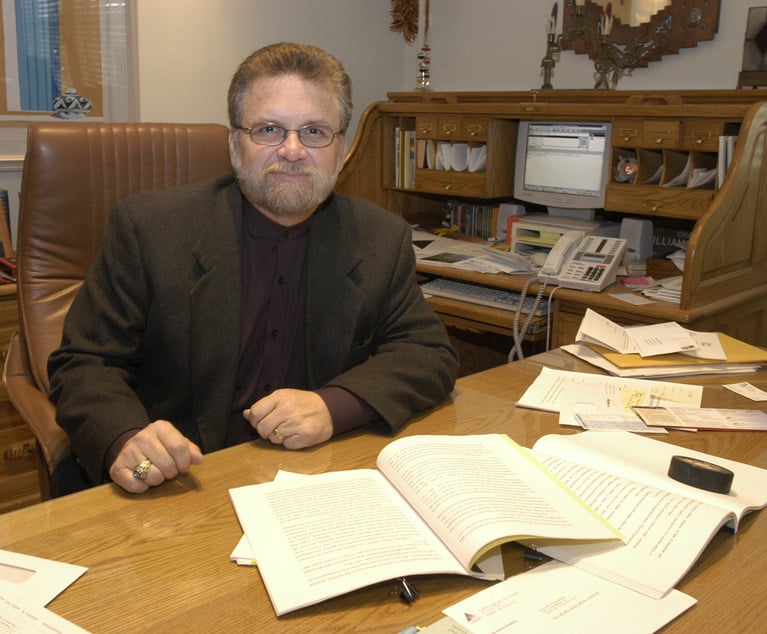Shortcuts are tempting. Therein lies the appeal of the cliché—one familiar phrase can make a general point that might otherwise take paragraphs to explain. And while nuance may be lost, efficiency is gained. For trial lawyers who are pressed for time during motion practice, making a point by cliché might seem like the simplest and most effective way to convey their message. But using clichés in legal writing can be a risky business.
Clichés cause trouble when they are used in lieu of reasoned analysis. For example, a lawyer might describe a piece of evidence as the “smoking gun” without taking the time to explain why that evidence satisfies each and every disputed element of the claim. By using shorthand to convey that the evidence is dispositive, the lawyer fails to provide the trial court with a roadmap for granting whatever relief is sought. This means either that the trial court must come up with its own reasoned analysis to support relief—and it rarely behooves a person to make the court do extra work—or that the court will simply adopt the same shorthand the trial lawyer used to justify the result.
This content has been archived. It is available through our partners, LexisNexis® and Bloomberg Law.
To view this content, please continue to their sites.
Not a Lexis Subscriber?
Subscribe Now
Not a Bloomberg Law Subscriber?
Subscribe Now
LexisNexis® and Bloomberg Law are third party online distributors of the broad collection of current and archived versions of ALM's legal news publications. LexisNexis® and Bloomberg Law customers are able to access and use ALM's content, including content from the National Law Journal, The American Lawyer, Legaltech News, The New York Law Journal, and Corporate Counsel, as well as other sources of legal information.
For questions call 1-877-256-2472 or contact us at [email protected]


 Susan Yorke, California Appellate Law Group (Photo: Courtesy Photo)
Susan Yorke, California Appellate Law Group (Photo: Courtesy Photo)




